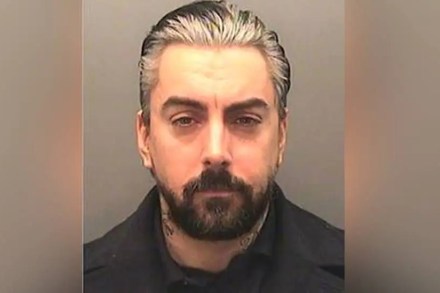Mahmood must not waste her chance to reform the police
The Home Secretary is feeling the collars of our 43 chief constables. Shabana Mahmood has let it be known that she favours a dramatic reduction in police forces in England and Wales to as few as 12. Her comments come ahead of the publication of a white paper on policing in the new year. The



















